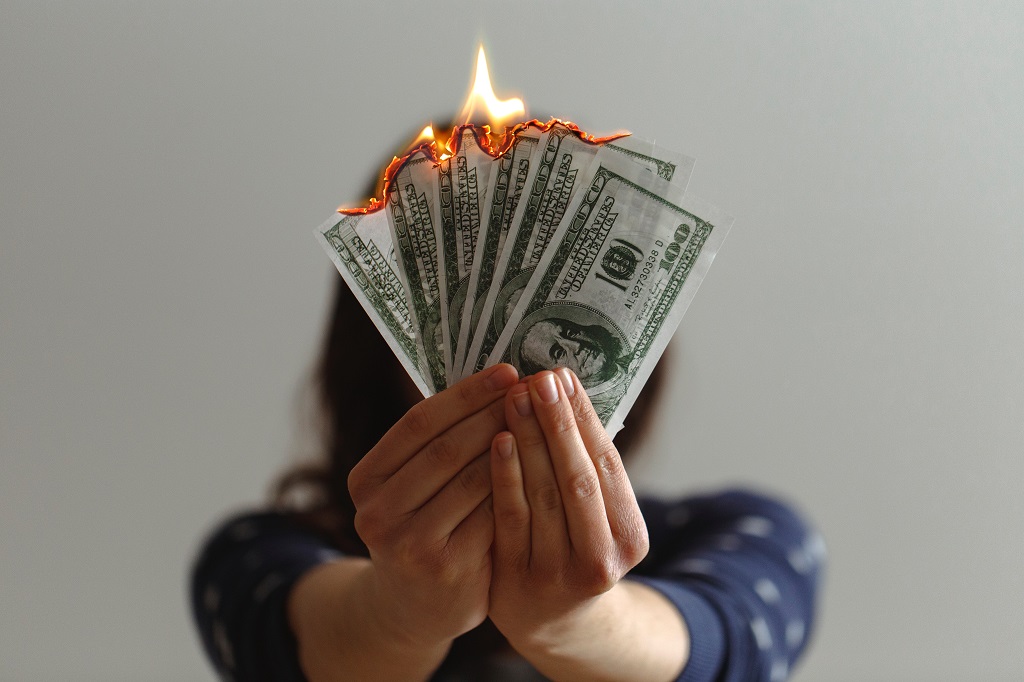As a buy and hold investor of rental Real Estate, I frequently get asked “What happens if the market crashes?” My response; “I don’t care!” With the way the RE markets have been going, it’s inevitable, there will be a correction, at some point. When that will be, is anyone’s guess. What I do know is that the safest way to invest in Real Estate is through rentals. The reason being is that if a market correction were to occur, people still need a place to live. They will, therefore, continue to pay rent regardless of the value of the house or apartment building they’re living in.
In 2008 we saw one of the greatest market corrections in history. Many investors and business owners lost everything when the values of the Real Estate they were holding lost 30-40% of value. The thing to note is that most of these investors were, what I call, “transactional investors”. House flippers, developers, hard money lenders, etc. There is a lot of money to be made in these types of businesses. Upfront capital is sunk into projects with an eventual payout on the horizon once the project is complete. The downside is that the risk exposure is much greater than owning rental Real Estate. These types of projects are often levered (debt) up to 100% of the total value, in some cases. If the value of the asset declines, the operator may not have the capital reserves to pay the lender. The end result is that the lender forecloses and is left holding a property that they anticipated would be worth more than it currently is. Contrast this model with a rental property that brings in passive income as soon as the property is stabilized.
Let’s say the Real Estate market declines 50% overnight. Highly unlikely and a doomsday scenario but stay with me for a moment. I currently own 57 rental units (see the strategy I used to scale to that level here). The buildings in my portfolio would now be worth half of what they once were. My net worth would, subsequently, drop by a large margin but, I don’t care! I don’t care because those tenants would continue to pay rent. It’s possible that rental rates could also decline but historically, that’s highly unlikely. I would still be able to service the reasonable % of debt across my portfolio with the monthly rents that are coming in. Something to note here, I never recommend going above 55% debt/ value across a portfolio. It opens up too much risk on the borrower. With 45% of equity, you can withstand a 45% market correction before being underwater which is a severe market turn.
Aside from the fact that, as a buy and hold investor, I would be protected from a market downturn by the reasons mentioned above, there would be a potential bevy of buying opportunities available in any given market. This is a huge plus for a market correction. I also believe that investment horizon plays a large role in managing a rental portfolio. If a major correction were to happen, I would have a long enough runway to wait out the market until it stabilized and eventually passed the previous high value mark. It’s Real Estate, after all, it WILL go back up!
Ready to Level Up Your Portfolio?
Get a jump start on generating your own passive income. Partner with me today to learn the ins and outs of my passive investing strategy and to discuss how I can help you increase your income and net worth.

